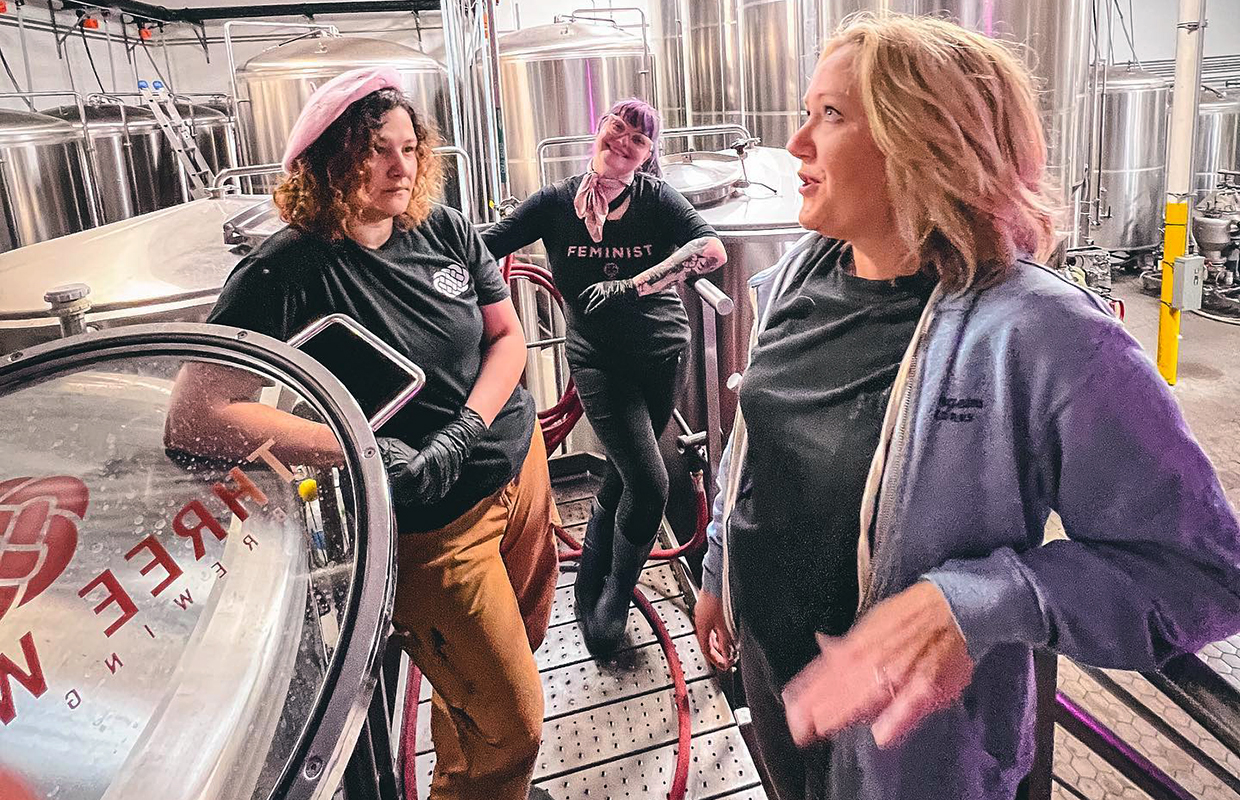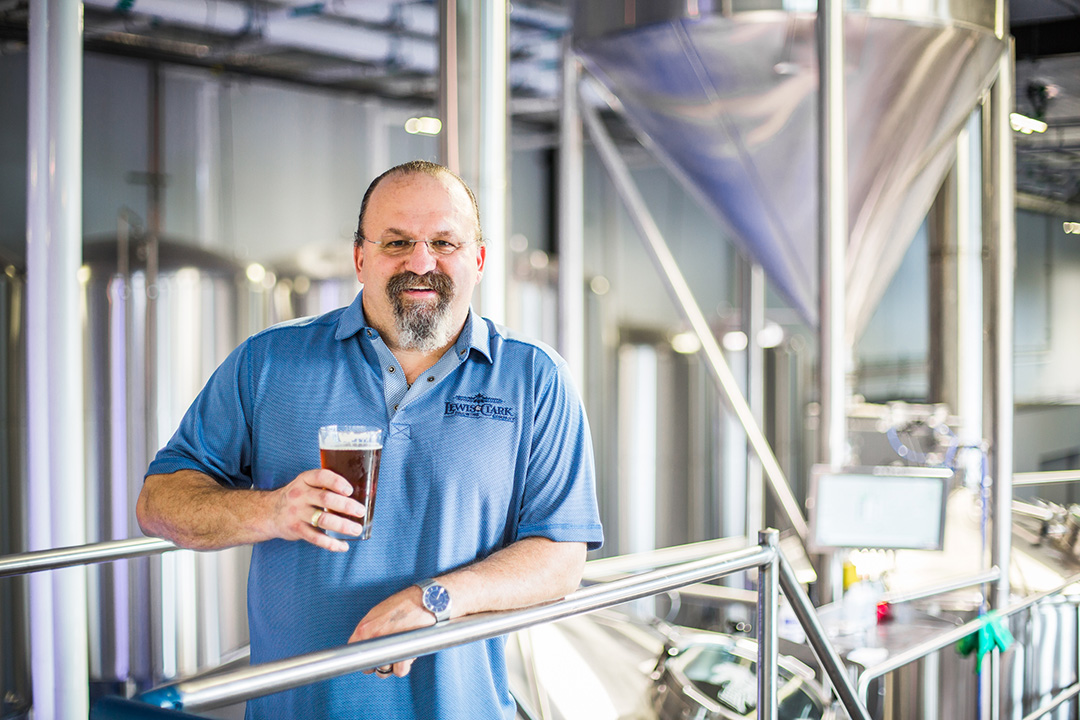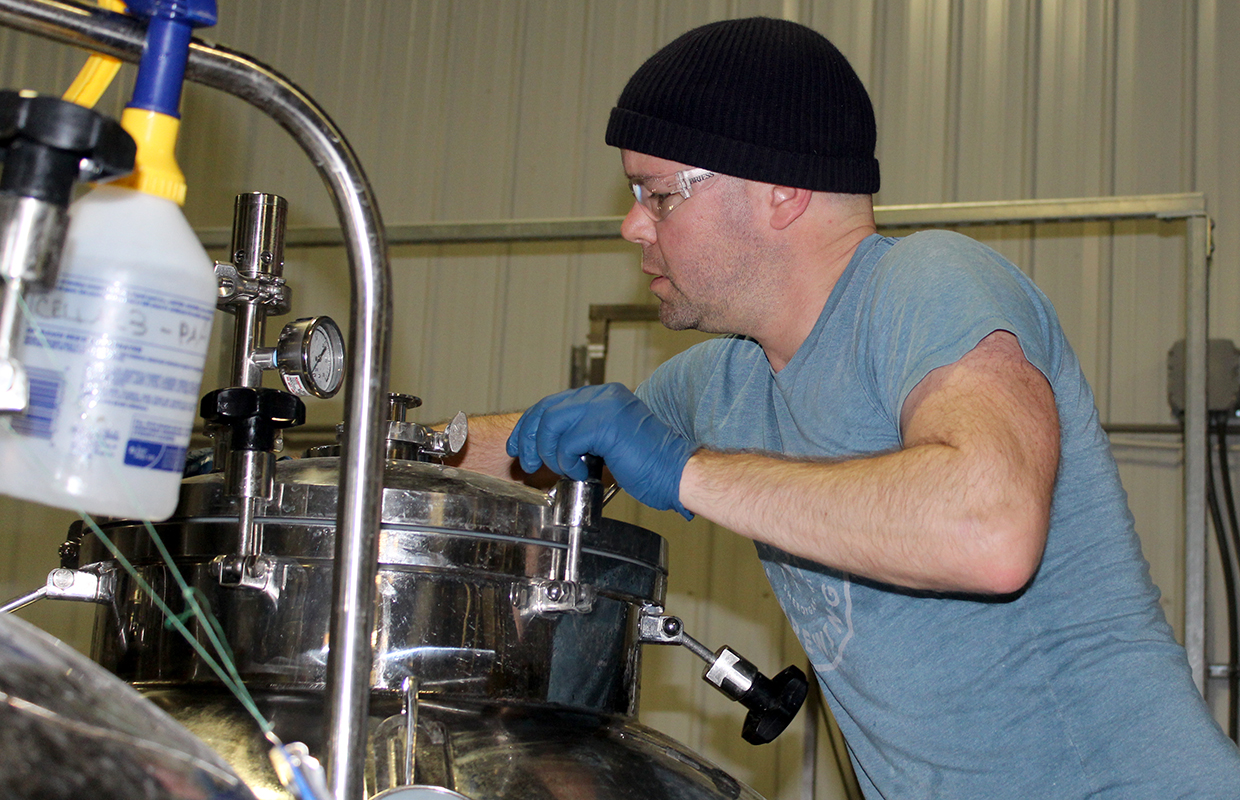
As the song says, we are heading into the most wonderful time of the year. But this can also be a season ripe with liquor liability risk.
How much risk, you ask? Consider this:
DUI-related traffic stops often increase by 33 percent on Christmas Eve.
More than 40 percent of the traffic accidents on New Year’s Eve are a result of drinking and driving.
There were an estimated 1,200 alcohol-related deaths over the 2015 holiday season.
“Liquor liability is the leading risk exposure for a craft brewery, as far as severity is concerned, and that’s a constant throughout the year,” says Richard Beall, the principal of Beall Brewery Insurance. “But consumer habits demand that breweries focus particularly on avoiding liquor liability issues during the holidays.”
And the best way to do that is to ensure that brewery staff is thoroughly trained in recognizing and handling liquor liability situations — and avoiding them in the first place.
Whether your brewery handles training in-house, or pays for an off-site program like LEAD (Licensee Education on Alcohol and Drugs) or TIPS (Training for Intervention ProcedureS), the foundation of staff understanding liquor liability issues is the brewery’s own policies and procedures, and the manual that documents them.
Your Brewery’s Bible
The first step to managing liquor liability is to develop a policies and procedures manual clearly outlining actions to keep customers and staff safe, and then to train staff in the implementation of those policies and procedures.
Among the elements to include in such a manual:
• Company philosophy about identifying, assisting and stopping patrons who have had too much to drink.
• Limiting alcohol consumption.
• Encouraging taxi use, carpools, and designated-driver programs.
• How the brewery documents incidents involving patrons who have had too much to drink (closed circuit video, an incident log, etc.).
• Policies related to employee drinking at the brewery.
• Prevention of underage serving by checking patron IDs.
These guidelines, in combination with a training program that instructs staff in how to recognize and respond to the signs of inebriation, can prove invaluable in preventing liquor liability claims for your brewery — particularly during this party-heavy season.
“It’s important for a brewery to take every possible step to prevent a liquor liability claim,” said Beall, who works with craft breweries across the country, from start-up microbreweries to regional craft breweries with multi-state distribution.
“It’s vital for the future of the business — and, of course, for the safety of customers and others.”
 After all, your brewery may not be a customer’s only stop that night. While bar staff should be able to determine whether a patron arrives at the brewery already impaired from drinking elsewhere earlier, it is equally possible that a patron may drink responsibly at your brewery, then head to another destination, over imbibe, and get in an accident.
After all, your brewery may not be a customer’s only stop that night. While bar staff should be able to determine whether a patron arrives at the brewery already impaired from drinking elsewhere earlier, it is equally possible that a patron may drink responsibly at your brewery, then head to another destination, over imbibe, and get in an accident.
In that case, even though your staff did not over serve, your brewery may be found partially liable, as happened in one recent case. A patron spent a couple of hours at one brewery, headed to another destination for a few more drinks, and got into a car accident after leaving the second location. The first brewery was found partially liable, and will have to pay several hundred thousand dollars as a result.
Preventing liquor liability claims doesn’t have to be complicated. In fact, simply offering food and non-alcoholic drinks can assist patrons in drinking more responsibly. Many breweries craft sodas that they sell in their tasting rooms, and have fresh water readily available; those that aren’t licensed for food service can strike up relationships with local food trucks, giving patrons the option of purchasing snacks or a meal, without causing the brewery to work outside its licensing.
But the first step is that all-important policies and procedures manual, and the employee training to go along with it.
“A brewery’s staff is the first line of defense against liquor liability claims,” Beall said. “It’s worth the time and energy to ensure they have the knowledge and the skills to prevent those claims.”




Be the first to comment